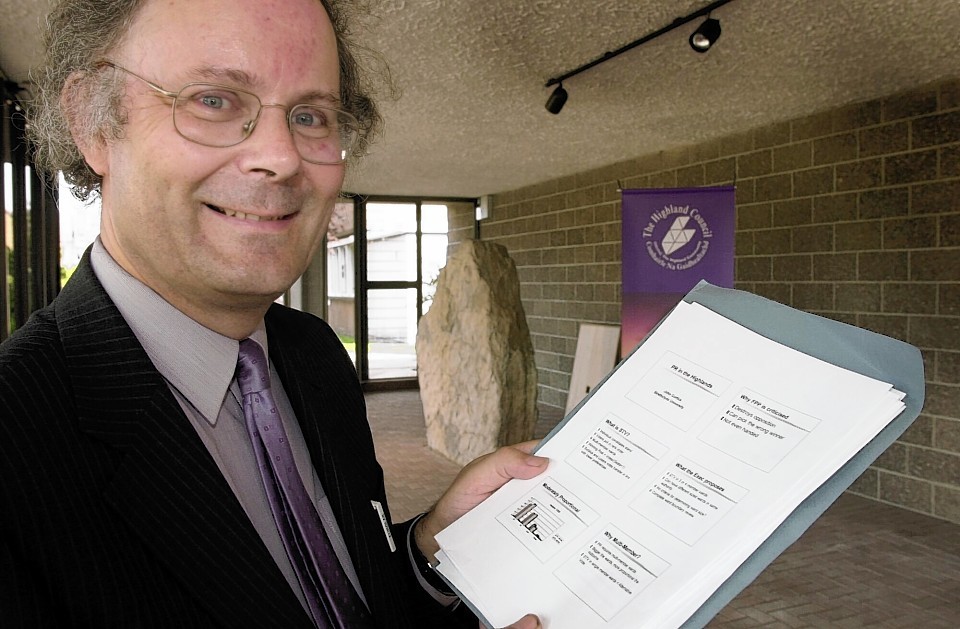More than two-thirds of people in England and Wales believe that Scotland should be allowed to keep the pound after independence, a survey has found.
Just 26% of people south of the border were opposed to a currency union with an independent Scotland, compared to 69% in favour, despite the three main pro-UK parties having ruled it out.
The annual British Social Attitudes report by NatCen said the finding appeared to “cast doubt” on claims from opponents of Scottish independence that such an agreement would not be contemplated.
However, the polling also showed that 41% of Scots think Trident nuclear weapons could stay on the Clyde after a Yes vote, while 37% wanted the missiles removed.
In England and Wales, 26% thought the deterrent should remain at Faslane and Coulport, but 63% people said they should be moved.
Despite being a key SNP policy, the report stated: “Ironically, should Scotland vote ‘yes’, it is public opinion in the rest of the UK that would be keen to see Britain’s nuclear weapons removed from Scotland rather than people within Scotland itself.”
On national identity, the study found the sense of being Scottish was “more widespread and deeply held” than being British, with just 6% of 1,497 people describing themselves as “British not Scottish”, and 4% as “more British than Scottish”.
In contrast, 25% said “Scottish not British”, 29% said “more Scottish than British”, and 29% said “equally Scottish and British”.
Other findings included 47% of people in Scotland thinking they should be able to keep their British passport and have a Scottish one too if there was a Yes vote, but in England and Wales 58% said they should have to choose which passport to use.
Professor John Curtice, director of NatCen, said: “If Scotland does vote to leave the United Kingdom, Scotland and England will have to find ways of getting along with each other.
“Even on the issue on which the Scottish and UK governments have been most obviously at loggerheads – on the prospect of an independent Scotland sharing the pound – public opinion in England and Wales may not necessarily be as hostile to the idea as has sometimes been suggested.”
A Treasury spokesman said: “The only way to keep the pound is to stay together in the UK.”
